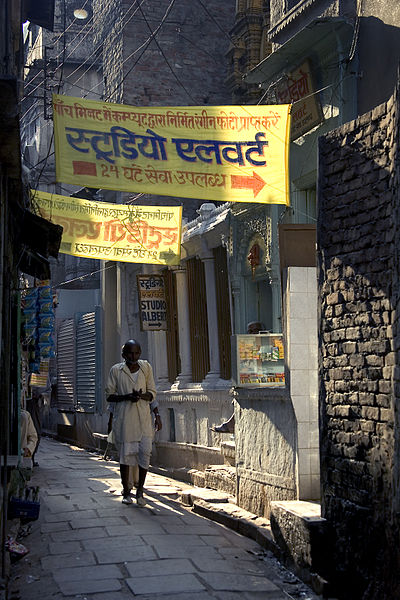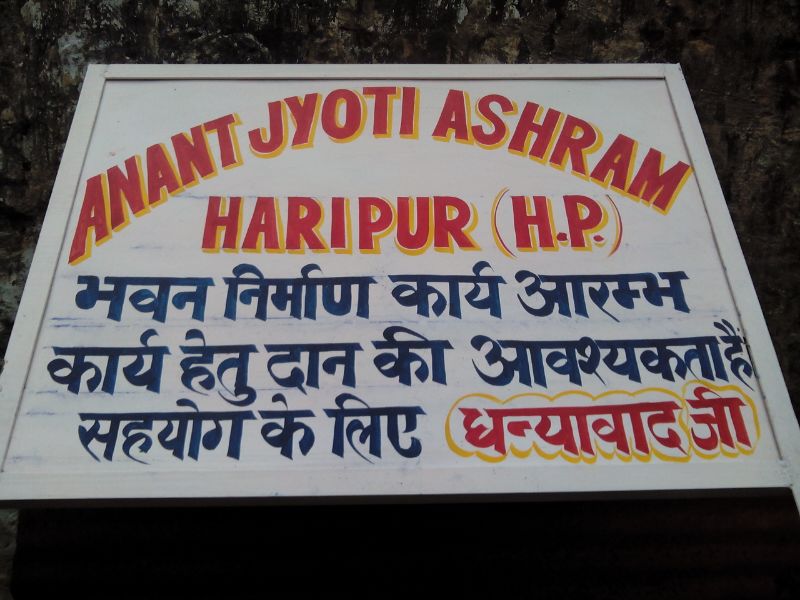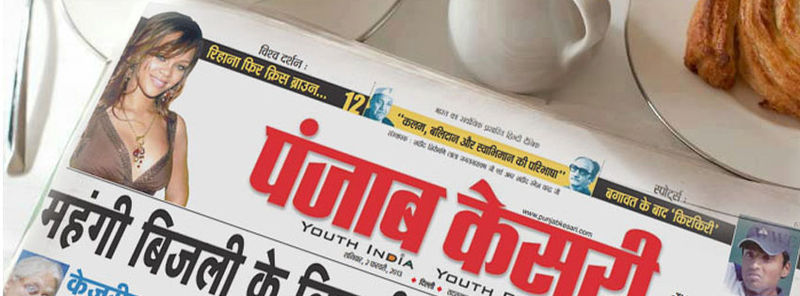Parallel Vocabulary in Hindi Posted by Rachael on Dec 12, 2018 in Hindi Language
As you may know, Hindi is composed of a vast array of other languages. This multifaceted quality gives Hindi its richness and complexity. In this blog, we’ll explore the diversity of Hindi vocabulary through concrete examples from Hindi’s major source languages: Arabic, Persian and Sanskrit. Although Arabic and Persian are not related languages (Arabic is part of the Afro-Asiatic language family while Persian or Farsi is part of the Indo-European language family, as is Hindi), they are bound somewhat by the dissemination of a major world religion – Islam – and thus many Arabic words have made their way into Hindi, oftentimes filtering through Persian before making their way into our language of study. Sanskrit, the classical language of Ancient India, has also had a huge impact on the language we conceive of today as Modern Standard Hindi, especially when there are attempts to “purify” Hindi by replacing more common Arabic, Persian- and sometimes English-descended words with oftentimes more complex Sanskrit equivalents. Below, we’ll see just how complex and varied Hindi vocabulary can be with some Persian, Arabic and Sanskrit equivalents of essentially the same words.
| Hindi Word | English Transliteration | Meaning & Gender | Origin |
|---|---|---|---|
| किताब | kitaab | book, fem. A variation of this: कुतुब-ख़ाना/kutub-khaanaa (library, masc.) | Arabic |
| पुस्तक | pustak | book, fem. A variation of this: पुस्तकालय/pustakaalay (library, masc.) | Sanskrit |
| अख़बार | akhbaar | newspaper, masc. | Arabic |
| समाचार-पत्र | samaachaar-patra | newspaper, masc. | Sanskrit |
| वक़्त | vakt | time, masc. | Arabic |
| समय | samay | time, masc. | Sanskrit |
| ख़ुशी | khushee | happiness, fem. A variation of this: ख़ुश/khush (happy) | Persian |
| सुख | sukh | happiness, masc. A variation of this: सुखी/sukhee (happy) | Sanskrit |
| अफ़सोस | afsos | sorrow, regret, masc. | Persian |
| दुख | dukh | sorrow, grief, pain, masc. In Sanskrit, spelled दु:ख A variation: दुखी/dukhee (sad) | Sanskrit |
| परीक्षा | pareekshaa | test, examination, fem. | Sanskrit |
| इम्तहान | imtahaan | test, examination, masc. | Arabic |
| दुआ | duaa | prayer, fem. | Arabic |
| प्रार्थना | praarthnaa | prayer, fem. | Sanskrit |
| इजाज़त | izaazat | permission, leave, fem. | Arabic and Persian |
| अनुमति | anumatee | permission, assent, fem. | Sanskrit |
| तहज़ीब | tehzeeb | culture, refinement, fem. | Arabic |
| संस्कृति | sanskritee | culture, fem. | Sanskrit |
| ख़ानदान | khaandaan | family, masc. | Persian |
| परिवार | parivaar | family, masc. | Sanskrit |
Some Examples (कुछ उदाहरण/udaaharan, मिसाल/misaal):
- मुझे किताब/पुस्तक दे दो; तुमसे पहले पढ़ रही थी । (Mujhe kitaab/pustak de do; tumse pehle parh rahi thi). Give me the book; I was reading it before you.
*In this example, किताब/kitaab, is a much more informal and colloquial way of saying book than पुस्तक/pustak, which is decidedly formal and would sound odd in everyday conversation.
2. कल सुबह तुम्हें परीक्षा/इम्तहान देनी/देना होगी/होगा – आज रात को जल्दी सो जाओ । (Kal subah tumhe parikshaa/imtahaan deni/denaa hogaa – aaj raat ko jaldi so jaaoo). You have to take a test tomorrow morning – get to bed early tonight.
*Here, both words are fairly formal in nature and would most likely not be used in everyday conversation, but they are illustrative of the fact that you have to be careful when using synonyms of differing language origins – just because they are synonyms, doesn’t mean they’ll have the same gender. परीक्षा is feminine while इम्तहान is masculine. The most colloquial-sounding word in this case, partially influenced by English medium educations all over India, would be simply टेस्ट/test.
3. हर शुक्रवार को मैं बहुत ख़ुश/सुखी हो जाती हूँ क्योंकि इसका मतलब है कि वीकेंड होनेवाला ही है ! (Har shukravaar ko main bahut khushi/sukhi ho jaati huun kyoonki iskaa matlab hai ki weekend honevaalaa hi hai). Every Friday, I get very happy/contented because it means that the weekend is just around the corner.
*In this case, the most common, colloquial-sound word would be ख़ुश although सुखी have their uses in idioms and literary language. Notice the differing endings in these words – they are both nouns, but their endings differ depending on their source languages. Persian generally adds an -ई to the end of a word to transform it into a noun from an adjective (example: आज़ाद – free, adjective, आज़ादी – freedom, noun) whereas Sanskrit oftentimes does the opposite – सुखी is the adjective whereas सुख is the noun. Notice also the word for वीकेंड – the most common word is just a transliteration of the English (a weekend, after all, being a very Western concept heavily influenced by modern-day capitalism). Technically, the Hindi word for weekend is सप्ताहांत (literally – the end, अंत, of the week, सप्ताह). I wouldn’t advice using this one in casual conversation.
4. छोटू हमेशा समय/वक़्त बरबादी करता है – उसे कोई समझाना चाहिए कि समय/वक़्त सीमित संसाधन ही है । (Chotu hameshaa samay/vakt barbaadi kartaa hai – use koi samjhaanaa chaahiye ki samay/vakt seemit sansaadhan hi hai). Chotu always wastes his time – someone should explain to him that time is, after all, a limited resource.
*In this example, वक़्त and समय are more or less on even ground in terms of frequency of usage, though समय may be more common in some parts of India. But, it’s always good to know terms from both lexicons, so you aren’t blindsided when you hear one or the other in conversation.
5. आज का अख़बार/समाचार पत्र छपनेवाला ही था जब अनीता को एहसास हुआ कि अपने लेख में उसने बड़ी गंभीर गलती कर डाली थी । (Aaj kaa akhbaar/samaachaar patra chapnevaalaa hi thaa jab Anita ko ehsaas huaa ki apne lekh me usne bari gambheer galati kar daali thi). Today’s paper (newspaper) was just about to be published when Anita realized that she had made a huge mistake in her article.
*Here, अख़बार is a much more common word for newspaper and it is more often heard in speech. However, समाचार-पत्र can be seen often in print, as Hindi-language newspapers tend to be highly Sanskritized and thus formal in their vocabulary.

Build vocabulary, practice pronunciation, and more with Transparent Language Online. Available anytime, anywhere, on any device.







Comments:
Tom Stableford:
I find this particularly interesting because I’m interested in stylistic options in Hindi-Urdu, esp. the registers of the press, compared with the scripts of so-called Bollywood.
Could you please advise me on further reading, sources, etc?